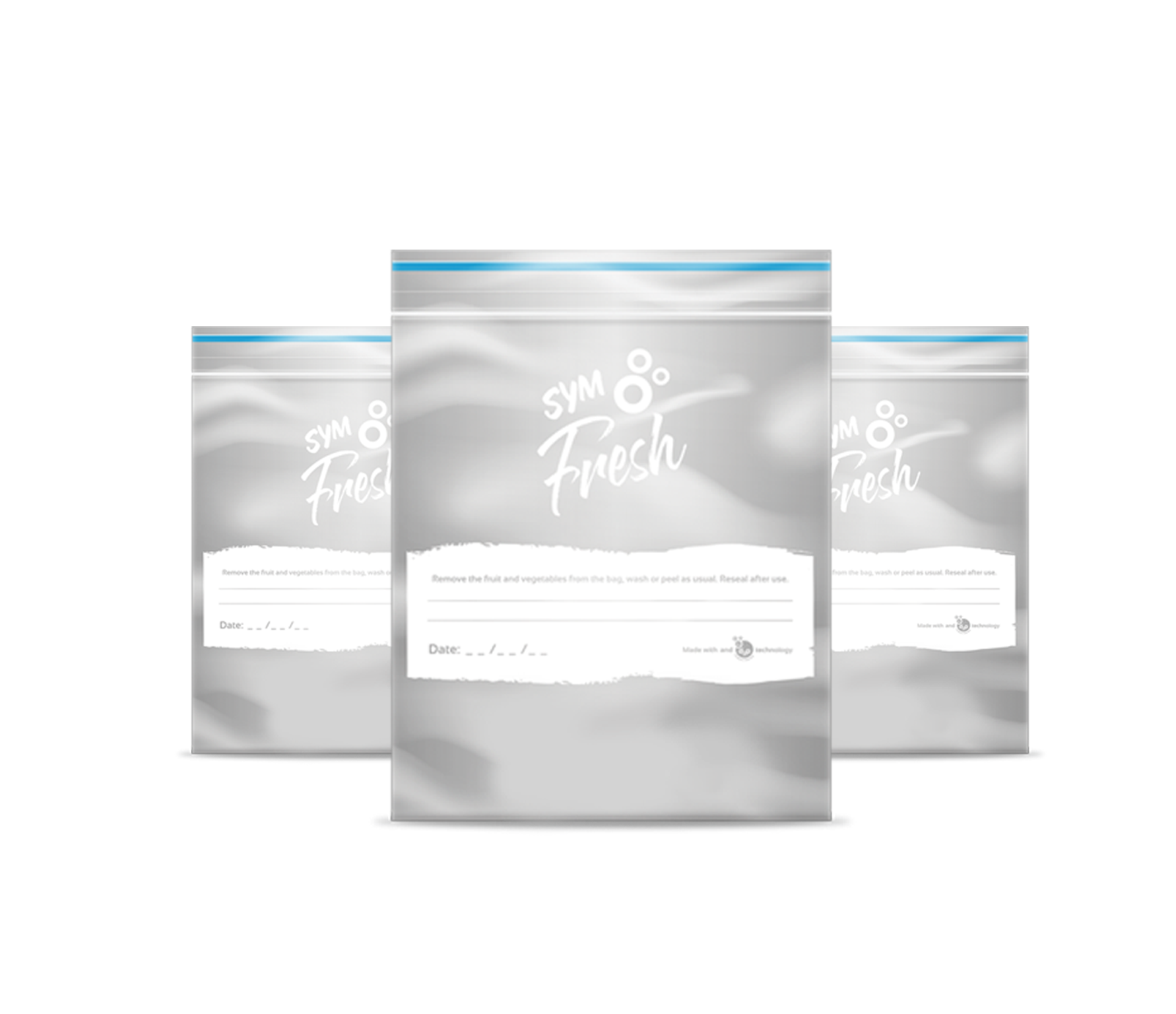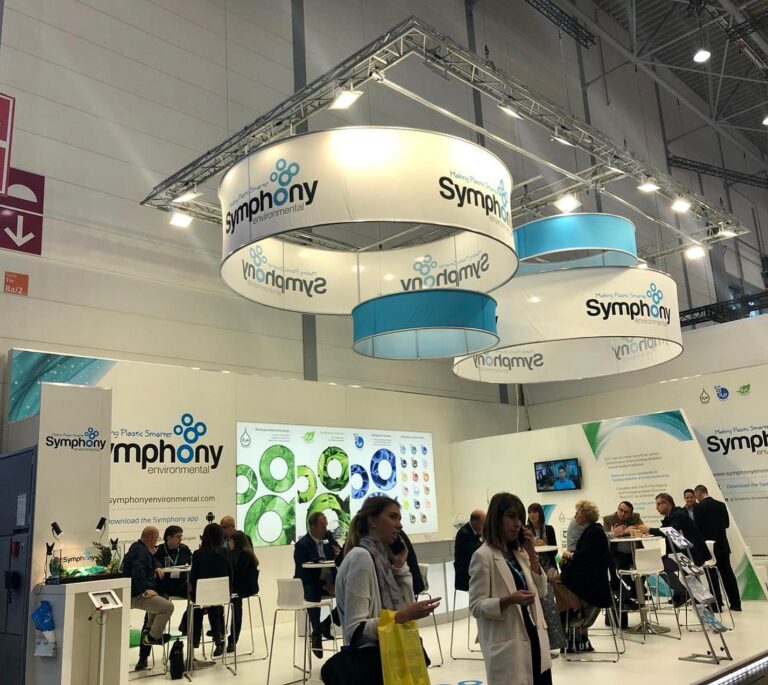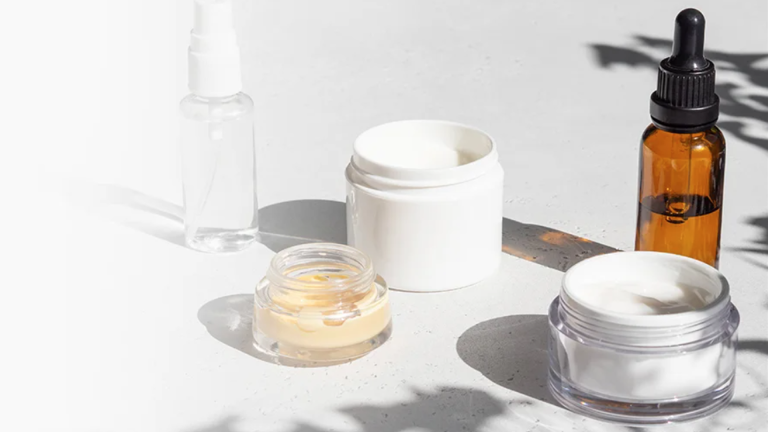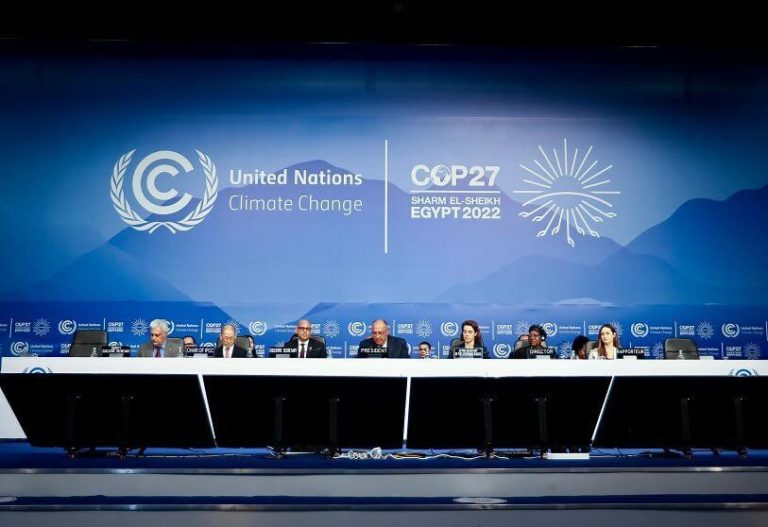Symphony Environmental Technologies Plc (LON:SYM), a global science-based group that makes plastic and rubber products “smarter, safer and sustainable”, has announced its interim financial results for the six-month period ended 30 June 2021.
Financial highlights
· Group revenue of £4.9 million (H1-2020: £4.8 million) which on a constant-currency basis, would have shown a 13% increase to £5.4 million
· Gross profit of £1.9 million (H1-2020: £2.2 million) due to higher proportion of finished goods in the product mix
· Loss before tax of £0.6 million (H1-2020: profit £0.02 million)
· Basic loss per share of 0.29 pence (H1-2020: earnings per share of 0.01 pence)
· Cash generated in operations £0.3 million (H1-2020 cash used £0.6 million)
Business highlights
· d2p – substantial progress in many product areas including an increase in customer trials and product-tests currently underway. Significant potential sales identified in many of the current pipeline projects with a number expecting to commercialise in the near term
· Continued investment in Symphony’s sales team, and new Head of Innovation appointed to accelerate the commercialisation of the Group’s growing portfolio of new and highly innovative products. Budgeted increase in one-off professional fees including legal, communication, advocacy and external specialist technical costs to assist with many key areas of the Group’s activities, alongside £0.05 million of non-budgeted increases in distribution and shipping costs owing to short-term supply disruption
· Several patent applications filed to protect our IP as many new products reach commercialisation
Post period-end highlights
· d2p – US FDA further approval for antibacterial plastic technology with greater loading and wider use in bread films
· d2p – Canadian Health approval for antibacterial bread films
· 4 significant collaboration agreements with Meditech
o China distribution agreement for d2w and d2p
o Manufacturing and royalty agreement for Nitrile gloves
o Marketing agreement for Symphony to sell d2p Nitrile gloves in specified markets
o Corporate agreement to acquire not less than 2.5% and not more than 20% of Symphony’s total share capital
Commenting on the results Nicolas Clavel, Interim Chairman of Symphony, said:
During the period, the Group has substantially developed its highly relevant product range together with continuing major improvements in its key operations. This has resulted, amongst other achievements, in US FDA and Canadian approvals for Symphony’s d2p bread packaging where the size of the market is vast, and where Symphony already has a presence with its d2w biodegradable technology. Other product areas are moving ahead strongly including d2p antimicrobial in pipes and tanks, together with insect and animal repellent technologies, amongst others. Symphony expects its d2p bread packaging and some of its other d2p projects to commercialise in the very near term.
The continuing investment in advisory and advocacy work is strengthening the outlook for both d2w and d2p in Latin America and the Middle East. In particular, the Saudi national standards organisation, SASO, is increasing its enforcement of laws requiring the use of oxo-biodegradable plastic, and we anticipate this will lead to a substantial increase in demand during the second half of the year.
The Far East sales position has also been strengthening, and since the period end, the Group has augmented this by signing four agreements with Meditech’s Global Co Limited covering manufacturing, distribution, and marketing in the region, together with corporate investment in Symphony. The agreements also secure glove supply using our antimicrobial and/or biodegradable technologies for sales globally.
As reported in the trading update on 13 July 2021, revenues for the 6 months ended 30 June 2021 were up marginally at £4.9 million (H1-2020: £4.8 million), but on a constant-currency basis, would have been approximately 13% higher than in H1-2020.
The Group continues to invest in its operations, in third party consultancy and advocacy, and in R&D, and with this, the Board is confident it is building a strong position to deliver meaningful revenue growth in the short to medium term.
Michael Laurier, CEO of Symphony commented:
“The Group’s strategy in the short to medium term is to focus on delivering its innovative technologies for key identified product lines where test results, trials and regulatory approvals have been secured, and substantial sales opportunities have been identified.”
Chief Executive’s review
Financial
Revenue for the 6 months ended 30 June 2021 was £4.9 million (H1-2020: £4.8 million), but on a constant- currency basis, would have been approximately 13% higher than the first half of 2020.
Gross margins were slightly lower due to an increased proportion of finished products compared to higher margin masterbatches. Also, distribution costs were higher during the period due to global vessel and container shortages. This is expected to continue for the remainder of the year.
As previously advised, cost continued in relation to supporting d2w advocacy communications in the UK, Middle East and Latin American markets. In addition, regulatory and other IP related costs continued for new d2p products for the EU and US markets together with legal costs pertaining to Symphony’s ongoing claim for very substantial damages against the EU.
The Company continues to invest in its sales and other key operating functions to better manage its strong and growing pipeline. A new and highly experienced Head of Innovation was appointed during the period to work with the recently appointed Head of Sales to strengthen the skill set of the sales and procurement teams and to accelerate the commercialisation of Symphony’s growing portfolio of new and highly innovative products.
This additional strategic investment in key resources, together with the above-described factors resulted in a net loss before tax of £0.6 million (H1-2020: profit £0.02 million).
An R&D tax credit of £127,000 was received during the period (H1-2020: £nil). The Group reports a loss after tax of £0.5 million (H1-2020 profit £0.02 million).
The loss per share for the period was 0.29 pence (H1-2020: earnings per share of 0.01 pence).
d2p “Designed to Protect”
The Group has been successfully progressing its d2p sales pipeline of over 100 projects, the majority of which are customer-led and are moving towards commercialisation through technical evaluation, agreeing commercial objectives, conducting customer-trials, product testing and contract negotiation.
Customer-trials conducted during the period have incorporated Symphony’s d2p anti-microbial (also anti-viral), insecticidal, odour and ethylene adsorbers, insect and animal repellent, and flame retardant technologies. The trials have been for, inter alia, the following products:
· Food/bread
· Pipes/tanks
· PPE including gloves
· Films for surface protection
· Electric cables
· Car components
· Agricultural products
Many of the trials started during the period are expected to complete over the coming months, and the Group has identified substantial revenue potential within these current projects. The Group is also continually receiving new enquires and therefore anticipates its product pipeline will continue to grow strongly. Our sales, technical and procurement teams have also designed and implemented process improvements, particularly with regard to our product-evaluation process, which is expected to shorten the period significantly from enquiry to product commercialisation.
Enhanced FDA approval – subsequent approval by Health Canada
In July the Company received approval from the US Food & Drug Administration (“FDA”) for its d2p antimicrobial food contact technology, for a much greater loading of the d2p technology, and also wider use, further to Symphony’s original bread-packaging approval under FCN no. 2031, as announced on 26 February 2020 (RNS number: 1106E).
The FDA’s new approval for Symphony’s d2p antimicrobial food contact technology, now applies to all types of polyolefin and polyester film for wrapping bread, instead of just linear low density polythene (“LLDPE”). It now includes low density polythene (“LDPE”) and polypropylene (“PP”), which are common packaging materials. Symphony’s d2p technology is intended to inhibit the growth of bacteria on the surface of the packaging film and is vital to a very hygiene-conscious industry.
This important wider approval, given under FCN no. 2139 without limit of time, also allows up to three times increased loading of d2p technology in an innovative treatment of the multi-layer plastic films most commonly used in bread-packaging, giving greater flexibility, efficacy and ultimately, greater value for Symphony’s customers and Symphony itself. The Board therefore anticipates an acceleration of the commercial process in the near term.
Further to the FDA enhanced approval above, the same technology was approved by Health Canada in September 2021. The Group has a number of opportunities ongoing in Canada and other parts of the world.
d2w Oxo-biodegradable
The Group has seen stable end-user demand in its main markets, although distributor and factory stock levels have been kept very low due to global uncertainty caused by COVID-19 lockdowns. We anticipate these ultra-low stock levels increasing to pre-pandemic levels as the world moves out of lockdown.
The outlook for Latin America, the Middle East and some parts of Asia is becoming much more positive as the vaccine programmes continue to advance, and lock-down restrictions start to ease. In addition, the advisory and advocacy work being carried out for d2w technology in these countries is progressing well. As an example, in the Middle East, the Saudi national standards organisation, SASO, is increasing its enforcement of the laws which require the use of oxo-biodegradable plastic, and we anticipate that this will lead to a substantial increase in demand during H2-2021.
EU Action
Symphony’s legal team has filed Replies to the Defences received from the three defendants (the Commission, the Parliament, and the Council of the European Union (“EU”)) to the action it has brought against them in the General Court of the EU. The Defendants now have until 8 October 2021 to file their Rejoinders, and the pleadings will then be closed. The next step is for the court to fix a date for an oral hearing in Luxembourg. This is expected in 2022.
The Defences did not reveal anything unexpected, and Symphony’s legal team remain confident that the EU acted unlawfully in imposing a ban on a material which they call “oxo-degradable plastic” in Article 5 of the Directive. In any event, Symphony does not accept that the ban applies to oxo-BIOdegradable plastics, which are made by incorporating Symphony’s d2w masterbatch into ordinary plastic.
Patent Applications
In recognition of the growing pipeline of commercial projects across the Group’s product range, the Board believe now is the appropriate time to invest both time and money in better protecting its IP through the filing of patents. The Group has submitted several patent applications during the period and will make further announcements as appropriate in due course, as and when these applications are approved.
Eranova
Eranova, with is sustainable algae sourced “plastic” technology, continues with its pilot plant construction, which is on schedule to complete during 2021.
Balance sheet and cashflow
The Group had net cash of £0.70 million at the end of the period (30 June 2020: net cash of £0.29 million). Net cash of £0.32 million was generated in operations (H1-2020: used in operations £0.62 million) because of a decrease in receivables since the year end.
The Group has an invoice discounting facility of £1.5 million to assist in funding outstanding receivables when required. The Board believes that the Group has sufficient working capital to support the business and its current opportunities going forward.
Brexit
At the current time, Brexit is not having a material impact on the operations or financial performance of the Group. The Board continues to monitor the Group’s operations in the UK and Europe in light of challenges arising from Brexit.
COVID-19
Although COVID-19 affected the markets in which Symphony operates. So far, the negative effects to Group operations and finances have been minimal, while the focus on hygiene has enhanced interest in our d2p range. There is still the possibility of disruption to operations (customer or supplier disruption) or finances (customer bad debt or ability of customers or suppliers to carry on trading). The Group uses multiple supply sources and continues in the main to credit-insure receivables or do business on a letter of credit or proforma basis.
Outlook
After many years of product development, commercialisation of key product lines is now expected in the very near term with substantial sales growth anticipated. Further, we are encouraged by the level of activity in many areas of the business worldwide, covering many different product applications. Due to this expected substantial growth, we are continuing to strengthen the Group’s operational teams as well as to further develop business collaboration in a number of key markets. This, together with our successes with regulatory clearances, is paving the way for a strong outlook over the short to medium term.
Michael Laurier, Chief Executive










































